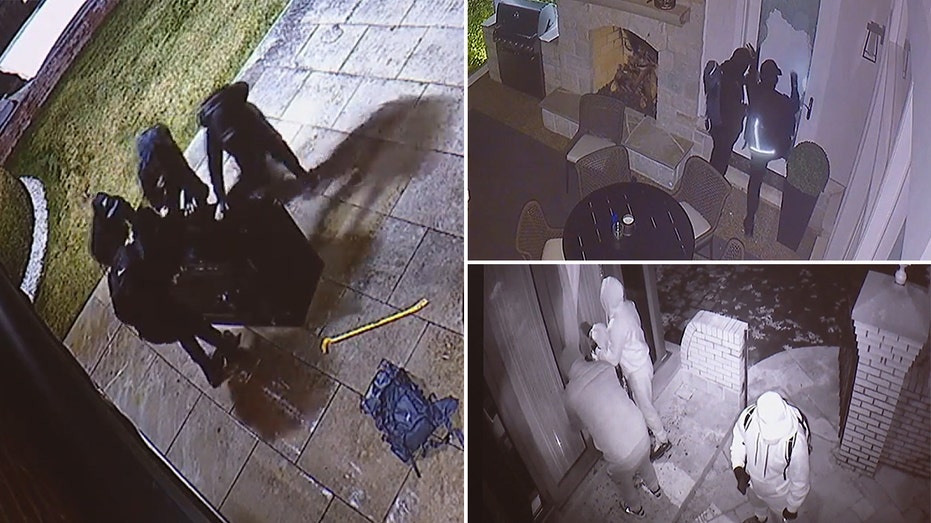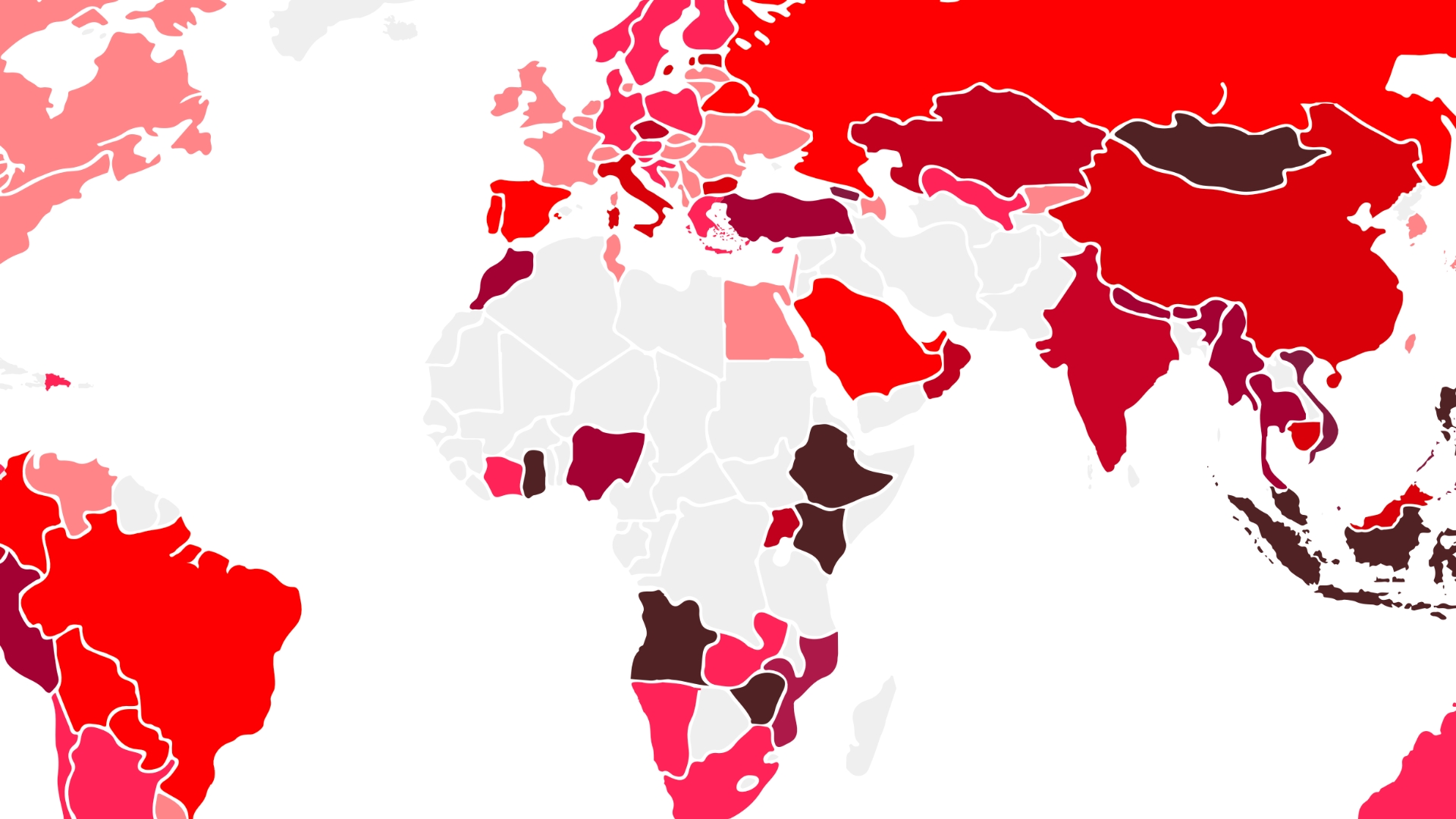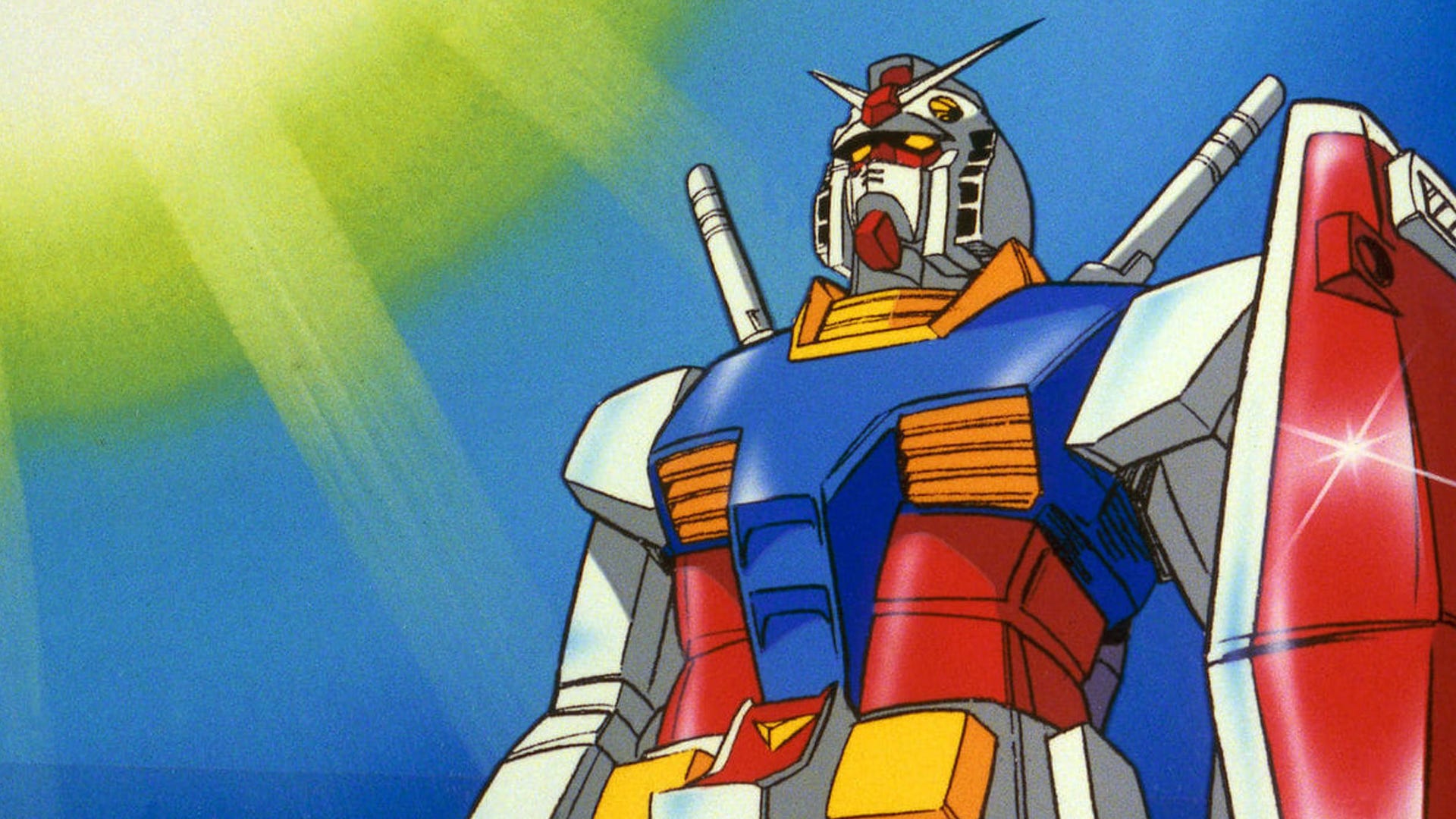CTO acts as Individual Contributor (IC), ignoring wider team
This is a "lone wolf acts by themselves over being in a team" question, but at a much higher level. We're a small remote business with a successful product solving several overlapping complex industry problems, but seen as unreliable and struggling to grow. It's hard to ignore much of this is caused by the CTO we'll call Carl. Carl the CTO is a talented and prolific super-coder with deep technical knowledge who built the entire platform himself, but has trouble with the bigger picture and teamwork due to these main problems: a) only Carl really knows how the platform works, what features it has, how to use it, &c. b) Carl is easily distracted, often by customers who directly contact him c) Carl has a do-ocracy approach and acts unilaterally or unpredictably d) Carl often over-commits, or under-commits, forgetting or trivializing work Think of Brent from the Phoenix Project, but he seems to LIKE being Brent. This causes so many problems they are hard to describe: if things get done, it's most always because Carl wants to do them AND remembers to do them. Not if they are important to the business. the CEO has a list of "urgent Carl jobs" which get treated with breezy confidence of someone who knows they can BS their way through life. Sometimes he does them. Sometimes he is distracted for the rest of the day, repeat tomorrow. Sometimes he'll describe at length what he is going to do... and then stall for weeks. customers Slack him with a feature request, bug, &c. Carl wants to do it, so does it without communicating to us, or the other customers who need and would pay for it. Or worse, it never happens, and we learn the hard way the customer was let down. people see "the only way to get something done is to get in front of Carl" - start a video call with him, where he cannot ignore the problem and fixes it on-screen, sometimes in seconds. Frustrating for everyone, especially if it's a simple problem that's blocked customers for months. he reverse delegates - "taking over" things others are meant to do, like writing and sending marketing copy. Our CMO compares this to their son eagerly helping with the laundry, to have an excuse to not do his homework. we get surprised by our products and projects. Some are so behind we give up on them, often giving up on which fire to fight first. We're getting into trouble with the industry regulator, &c. Some customers love him, he's their concierge AND a rock star. Others... do not. The CEO is well aware of this, and seems to overlook Carl's behavior, despite the problems it causes, because Carl is so important. We have tried: Change process, shield from distractions: the classic answer. Prevent people from distracting him, change our use of Slack, use JIRA to track work, &c. No impact: they directly email or call him, which we find out about afterwards. We have had customers adding him to THEIR Slack, project calls, &c. as if he's their contractor, which he goes along with. Delegation: hire developers, product people, support staff, &c. to help and learn from him. Mixed: he tries, but sees them as a distraction instead of tools to increase his reach. He struggles to find them work, preferring to do it himself, and likes it when they are out sick / on vacation. Learn: write down how things work, so he's not the bottleneck. No impact: The platform is complex, he wrote it himself, and much of it lives in his laptop and brain. Asking for documentation turned into a help system for each page in the platform, but apart from a couple of test pages, it's empty. Note that somehow he has spare time to write a custom help system, but no time to put anything into it. Split into workstreams: to act in parallel - no impact: everything, from the help to the login system to the support email are, somehow, an in-house system only Carl understands. We are paying expensive contractors to do nothing as they wait for Carl to spec, review (or re-write) their work, which he needs to wire up behind the scenes. We cannot even create a test server after years of trying; Carl's laptop is used for QA. Understand Intent: borrow from Situation, Behavior, Impact - learn why he acts this way, what drives him, his goals, &c. Mixed: He loves coding and solving technical challenges, and describes himself as "multitasking" or "being customer focused". Conversations then switch into fixing the problem in front of him at that moment. Asking Nicely: like rolling dice. What else can we try to change this behavior? EDIT: I am a non-C-level staff with no equity or stake beyond an employee who wants them, and where I work, to grow and succeed. They are nice people to work with and have good humor, especially Carl. Been trying to learn as much as I can, but it's trial and error and I've often looked an idiot with customers who know our products and projects better than we do. EDIT 2: not much has changed, despite our efforts. I half expected Carl to leave for his favori
This is a "lone wolf acts by themselves over being in a team" question, but at a much higher level.
We're a small remote business with a successful product solving several overlapping complex industry problems, but seen as unreliable and struggling to grow. It's hard to ignore much of this is caused by the CTO we'll call Carl.
Carl the CTO is a talented and prolific super-coder with deep technical knowledge who built the entire platform himself, but has trouble with the bigger picture and teamwork due to these main problems:
a) only Carl really knows how the platform works, what features it has, how to use it, &c.
b) Carl is easily distracted, often by customers who directly contact him
c) Carl has a do-ocracy approach and acts unilaterally or unpredictably
d) Carl often over-commits, or under-commits, forgetting or trivializing work
Think of Brent from the Phoenix Project, but he seems to LIKE being Brent.
This causes so many problems they are hard to describe:
if things get done, it's most always because Carl wants to do them AND remembers to do them. Not if they are important to the business.
the CEO has a list of "urgent Carl jobs" which get treated with breezy confidence of someone who knows they can BS their way through life. Sometimes he does them. Sometimes he is distracted for the rest of the day, repeat tomorrow. Sometimes he'll describe at length what he is going to do... and then stall for weeks.
customers Slack him with a feature request, bug, &c. Carl wants to do it, so does it without communicating to us, or the other customers who need and would pay for it. Or worse, it never happens, and we learn the hard way the customer was let down.
people see "the only way to get something done is to get in front of Carl" - start a video call with him, where he cannot ignore the problem and fixes it on-screen, sometimes in seconds. Frustrating for everyone, especially if it's a simple problem that's blocked customers for months.
he reverse delegates - "taking over" things others are meant to do, like writing and sending marketing copy. Our CMO compares this to their son eagerly helping with the laundry, to have an excuse to not do his homework.
we get surprised by our products and projects. Some are so behind we give up on them, often giving up on which fire to fight first. We're getting into trouble with the industry regulator, &c. Some customers love him, he's their concierge AND a rock star. Others... do not.
The CEO is well aware of this, and seems to overlook Carl's behavior, despite the problems it causes, because Carl is so important. We have tried:
Change process, shield from distractions: the classic answer. Prevent people from distracting him, change our use of Slack, use JIRA to track work, &c. No impact: they directly email or call him, which we find out about afterwards. We have had customers adding him to THEIR Slack, project calls, &c. as if he's their contractor, which he goes along with.
Delegation: hire developers, product people, support staff, &c. to help and learn from him. Mixed: he tries, but sees them as a distraction instead of tools to increase his reach. He struggles to find them work, preferring to do it himself, and likes it when they are out sick / on vacation.
Learn: write down how things work, so he's not the bottleneck. No impact: The platform is complex, he wrote it himself, and much of it lives in his laptop and brain. Asking for documentation turned into a help system for each page in the platform, but apart from a couple of test pages, it's empty. Note that somehow he has spare time to write a custom help system, but no time to put anything into it.
Split into workstreams: to act in parallel - no impact: everything, from the help to the login system to the support email are, somehow, an in-house system only Carl understands. We are paying expensive contractors to do nothing as they wait for Carl to spec, review (or re-write) their work, which he needs to wire up behind the scenes. We cannot even create a test server after years of trying; Carl's laptop is used for QA.
Understand Intent: borrow from Situation, Behavior, Impact - learn why he acts this way, what drives him, his goals, &c. Mixed: He loves coding and solving technical challenges, and describes himself as "multitasking" or "being customer focused". Conversations then switch into fixing the problem in front of him at that moment.
Asking Nicely: like rolling dice.
What else can we try to change this behavior?
EDIT: I am a non-C-level staff with no equity or stake beyond an employee who wants them, and where I work, to grow and succeed. They are nice people to work with and have good humor, especially Carl. Been trying to learn as much as I can, but it's trial and error and I've often looked an idiot with customers who know our products and projects better than we do.
EDIT 2: not much has changed, despite our efforts. I half expected Carl to leave for his favorite customer, but they went bust. He continues with "creative avoidance" while still keeping himself very busy, and is holding back the company.












































































